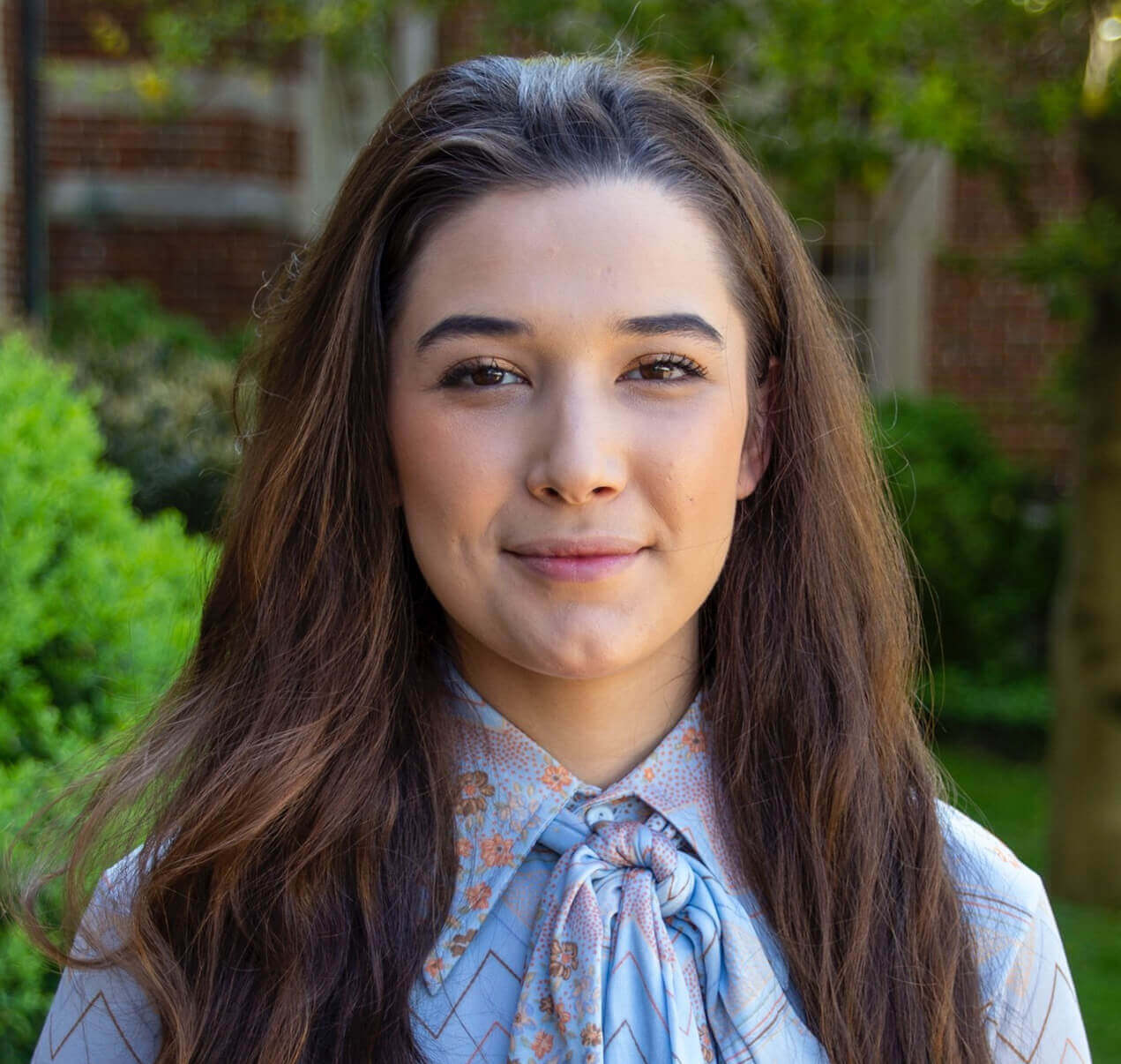Why study Chemistry at MC?
The curriculum in chemistry affords students sound training in the principles and techniques of modern chemical theory and experimentation. The program integrates laboratory, theoretical, and research skills to provide the range of abilities needed by the practicing chemist, and yet permits concentration in the organic, biochemical, analytical or physical sub-disciplines. Opportunity for research through the Oak Ridge Associated Universities and National Laboratories such as Argonne, Brookhaven, Los Alamos, and Oak Ridge complement the curriculum.
Three distinct major programs are offered: the Bachelor of Arts Degree in Chemistry, the Bachelor of Science Degree in Chemistry, and the Chemistry for Teacher Licensure Degree. In addition, students interested in teaching at the middle- or high-school level can continue their studies at MC after graduation and earn a Master of Arts in Teaching (M.A.T.) Secondary STEM degree in only one year.
The Majors in Chemistry provide a comprehensive curriculum for students planning careers in which chemical knowledge plays a central role. With careful elective choice students may pursue careers as professional chemists and enter graduate school programs that lead to a variety of research-oriented careers, or they may enter medical school or other health-related programs.
Meet a Current Scot

Alayna Myers
Hometown: Maryville, Tennessee
Myers, a McGill Fellow, chose MC because of its convenience to home and its size — “I love the small campus environment, because you get to know more people and professors on a personal level,” she says — but she chose Chemistry because of her fascination with the way it’s integrated into everyday life.
“My goal is to apply to either PA (physician assistant) or medical school after graduating, and I think this program is going to help me be successful because of its rigor and its opportunities for skill development in research and instrument use,” she adds.
When not on campus, Alayna can be found working at a local urgent care clinic, which allows her “to gain valuable clinic hours and experience for grad school,” or riding her horse, Moose.
Meet a Recent Grad

Alexandria Bone ’18
Currently: PH.D. Candidate in the Department of Chemistry at the University of Tennessee
As an MC student, Alexandria spent three years as an intern in the Chemical Sciences Division at Oak Ridge National Laboratory, carrying out synthetic and spectroscopic studies on persistent luminescence materials. This research, presented in her Senior Study, inspired her to seek a career studying single-ion magnets and molecular qubits via advanced spectroscopic methods.
“The mentorship I received at Maryville College was essential in my success as a student and a chemist,” she said. “From philosophy to quantum mechanics, the professors at Maryville College prepared me to think critically, act mindfully and pursue my goals tirelessly. I am incredibly grateful for the advocacy and support extended to me, even in my post-undergraduate career.”



